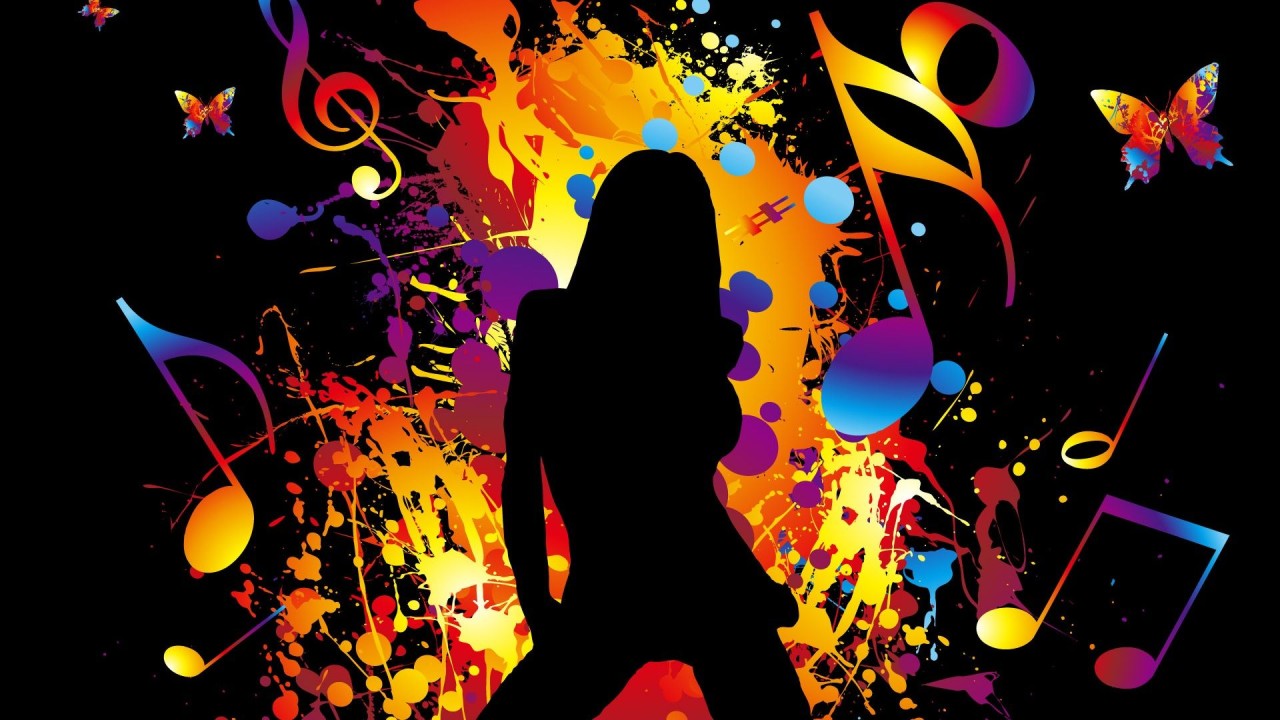
The Science of Using Music/Dance to Relieve Stress
Music & Dance are powerful tools to master your mood.
Think back on the epic-ness of experiencing your favorite bands in concert, or the nostalgia of listening to an album you revered in high school. Or stifling the urge to dance to your favorite song while shopping. Nothing’s quite as validating as your tunes echoing through the food court or down the baked goods aisle. Music speaks to the soul. That’s part of how music is calming and can help you relax, pump you up during a run/workout, or even help you focus at work or school.
Depending on the track, songs can impact:
- dopamine, DHEA, cortisol, and other hormone levels
- heart rate, respiratory rate, and blood pressure
- the psychobiological stress system
- perceived stress levels and mood
- post-task mental and physical revitalization
- alertness and energy levels
With such an array of physical and chemical effects, it’s no wonder there’s a strong correlation between music and stress relief. Many of these same chemicals are linked to emotion, making music another sure way to master your mood.